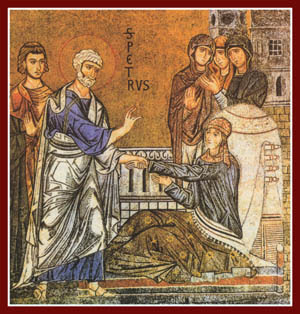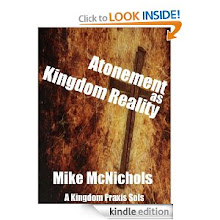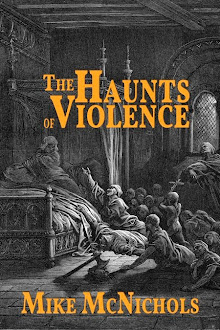
God my King is from of old, working salvation in the earth. (Psalm 74:12)
Jesus said to them, “Very truly, I tell you, the Son can do nothing on his own, but only what he sees the Father doing; for whatever the Father does, the Son does likewise. . . Do not be astonished at this; for the hour is coming when all who are in their graves will hear his voice and will come out—those who have done good, to the resurrection of life, and those who have done evil, to the resurrection of condemnation. (John 4:19, 28-29)
We Christians like to talk about how our salvation doesn’t come as a result of doing good things. Rather, it comes by faith. And that’s a good, biblical concept.
But it appears that what is being done does matter. The psalmist tells us that God is working salvation in the earth. God is doing something for the benefit of the whole creation. And Jesus says that he only does what he sees the Father doing. These are all things of action.
And, disturbingly enough to our Reformed, evangelical minds, what we do seems to matter as well. This is spoken of throughout the Bible, including by James (“What good is it, my brothers and sisters, if you say you have faith but do not have works?”) and also by Peter when he met up with Cornelius (“I truly understand that God shows no partiality, but in every nation anyone who fears him and does what is right is acceptable to him.”)
Most folks I know get this. Our behaviors and actions are not irrelevant to our faith. What people do (believers or not, it seems) ultimately matters, not in the sense of points being earned but rather as responses to the God who is working salvation in the earth. I would suggest that every good act, whether a person recognizes it or not, is participation in what the Father is doing in the world.
I worry, however, about my Christian brothers and sisters who embrace judgment and insult as acts of righteousness. I worry about it in myself. When we condemn people groups who are not like us, have we joined the ranks of those who do evil? When we harshly attack (thank you, Facebook) our so-called political and religious foes as though we really know or understand them, have we convinced ourselves that our security in our faith negates the effect of our actions?
Even though Jesus admonishes his friends against it, I am in astonishment.
God help us, to match what we do with who we are.






























